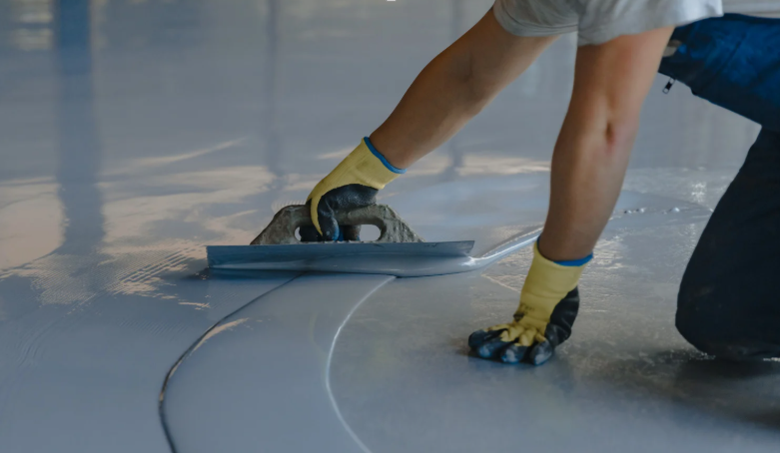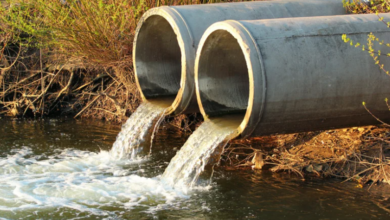Garage Epoxy vs. Concrete Sealer: Which Offers Better Protection?

Protecting a garage floor from moisture, chemicals, and wear is crucial to maintaining the long-term value and functionality of the space. Two popular solutions, garage epoxy and concrete sealer, are often compared for their performance and durability. While both serve protective purposes, the differences in application, strength, and longevity make one better suited for long-term defense against daily garage demands.
Understanding the Basics of Floor Protection
Garage flooring takes a beating from vehicle traffic, oil leaks, dropped tools, and temperature shifts. Left untreated, concrete can crack, stain, and degrade. Protective coatings provide a barrier that helps preserve the structural integrity and appearance of the surface. But not all coatings perform equally under pressure.
Concrete sealers are typically penetrating or film-forming compounds applied in thin coats. They offer a basic layer of protection against water and light staining. In contrast, epoxy forms a much thicker, bonded coating that adheres directly to the surface and resists mechanical abrasion, chemical spills, and impact.
Epoxy Offers a Thicker, More Durable Shield
One of the key advantages of epoxy is its durability. It forms a hard, resinous layer that not only protects the surface but also reinforces it. Epoxy coatings are highly resistant to wear and can last for many years without needing reapplication. In garages used for heavy-duty work, car maintenance, or storage, epoxy maintains its integrity despite frequent use.
Learning the process of how to epoxy a garage floor highlights how important proper surface preparation and curing are to achieving long-lasting results. Once applied, epoxy becomes part of the structure, offering a seamless, non-porous surface that resists cracking and chipping. Concrete sealers, on the other hand, often need to be reapplied every 1–3 years and don’t offer the same level of abrasion resistance.
See also: How Contractors Help Homeowners Avoid Common Renovation Pitfalls
Long-Term Protection and Value
When comparing the two options for longevity and overall floor defense, the benefits tied to garage epoxy flooring for long-term surface protection become especially clear. Epoxy systems prevent not just water and stain damage, but also protect against corrosive chemicals, road salts, and hot tire pickup. These are common threats in residential garages that a simple sealer can’t handle as effectively.
In addition, epoxy enhances the floor’s appearance, offering glossy finishes, color flakes, and even slip-resistant additives. Sealers tend to darken or slightly enhance the concrete’s natural look but don’t offer customization. This added visual appeal makes epoxy a smart investment for homeowners who want durability without sacrificing design.
Conclusion
Both garage epoxy and concrete sealers provide a level of protection, but epoxy clearly delivers superior strength, longer service life, and a better return on investment. For homeowners who use their garage actively and want a surface that withstands daily wear while maintaining a polished look, epoxy is the more comprehensive solution.
In the long run, epoxy saves time, effort, and money by reducing the need for frequent recoating and floor repairs. It performs well under stress, defends against a wide range of environmental threats, and supports an overall cleaner and more attractive garage space.







